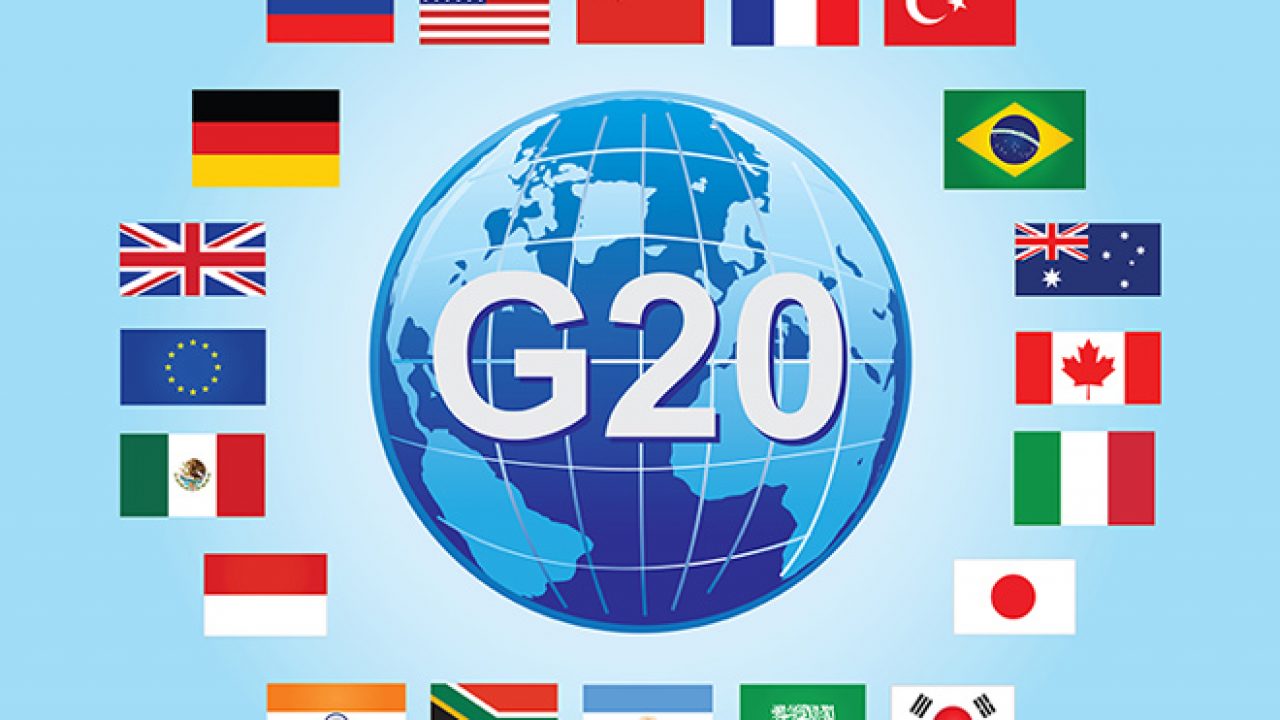


This month will mark the culmination of Indonesia’s G20 presidency. India takes over the presidency for a year from 1 December. Next week’s G20 leaders’ summit will take place in Bali, Indonesia, where the leaders of the 20 countries—actually 19 and the European Union—that are a part of G20 will gather. The idea behind the G20 is to bring on one platform the advanced and the emerging economies with the focus on cooperation in the economic and development domains to ensure stability, promote sustainable development, financial regulations for all round growth, etc. The G20 was created in the late 1990s as a response to the economic meltdown that haunted the world and the need was felt for a platform where the developed and the developing economies could meet to ensure a stable international economic order. The focus of the G20 has expanded over the years, from macroeconomic issues to matters of trade, climate change, sustainable development, health, agriculture, energy, environment, climate change, and anti-corruption. The Group of 20 comprises Argentina, Australia, Brazil, Canada, China, France, Germany, India, Indonesia, Italy, Japan, Republic of Korea, Mexico, Russia, Saudi Arabia, South Africa, Turkey, United Kingdom, United States and the European Union. The importance of the G20 can be gauged from the fact that it represents 85% of the global GDP, over 75% of global trade, and about 2/3 of the world’s population.
Considering the leaders of the countries are meeting at a time when the world is going from crisis to crisis—from coronavirus to the Ukraine-Russia war—the most important agenda now should be ensuring food security for the global population. This issue cannot be seen in isolation but also needs to take care of issues like supply chain resilience which has taken a body blow first because of the coronavirus pandemic and then the Ukraine war. The declaration at last year’s G20 foreign and development ministers’ meeting in Matera, Italy, recognised that “poverty alleviation, food security and sustainable food systems” were key to “ending hunger, reducing socio-economic inequalities… developing human capital, advancing gender equality and empowerment of youth, and promoting overall inclusive economic growth and sustainable development.” The declaration committed the G20 countries to contribute to the United Nations’ “Decade of Action”, which needs “accelerating sustainable solutions to all the world’s biggest challenges, ranging from poverty and gender to climate change, inequality and closing the finance gap.” This declaration had come in the backdrop of the coronavirus crisis. Ever since, the war in Ukraine has added to the world’s woes. The situation is such that it is not just the Global South that finds itself battered by inflation and the shortage of food, but even the Global North—the developed countries—is feeling the pinch. For example, in the UK, one out of seven people has to skip a meal because they cannot afford it. The energy crisis caused by the war has resulted in severe power shortages even in the developed world, which stares at a bleak winter with periodic heating. So extreme poverty and hunger are real problems now.
Amid all this the worry is that the focus of these international summits is getting hijacked by the Ukraine war. Russia is a part of G20, but not Ukraine. However, pressure was put on Indonesian President Joko Widodo that Ukraine must be allowed to attend as else Russia could not be a part of the meeting, which was an unreasonable demand, considering Russia cannot be thrown out of the grouping by the whims and fancies of a few western countries. In the end, it was decided that Ukraine President Volodymyr Zelenskyy will address the Bali meeting through a video call, while the buzz is that Putin may give the meeting a miss altogether, which will save many G20 leaders the embarrassment of coming face to face with the Russian President. Much is also being made of the fact that Joe Biden and Xi Jinping will come face to face in Bali. The interest in such a meeting will be justified provided President Biden is able to seek accountability from President Xi on the coronavirus pandemic that has crippled the world, and raise the topic of reparations. Also, it is hoped that next year India does not come under pressure to disinvite Russia. The West must cease to look at all international issues through the prism of the war. If the US had its way, even the Quad would be turned into an anti-Russia platform from where to berate Moscow. It was only India putting its foot down that stopped it from happening. The need of the hour is ending the war, as the whole world is becoming a collateral damage. Negotiations must start for this. G20’s immediate focus should be poverty alleviation. That focus should not be diluted.
Joyeeta Basu